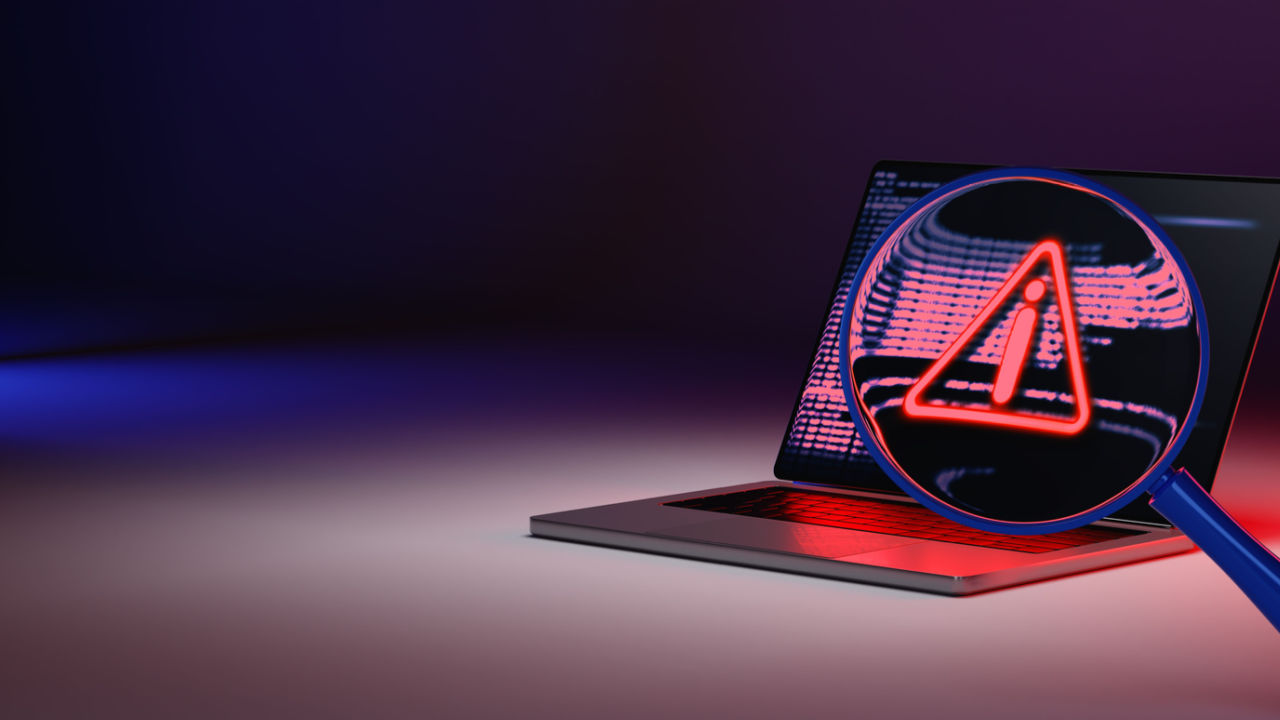BGL partners with Syla to automate crypto transaction data
Australia-based BGL Corporate Solutions has partnered with Australia-based cryptocurrency tax software Syla to automate crypto transaction data.
Through this partnership, BGL’s Simple Fund 360 and Simple Invest 360 solutions have been integrated with cryptocurrency tax software Syla to support automation of cryptocurrency transaction data for SMSF, corporate, individual and trust portfolios. Essentially, BGL clients can sync their clients’ crypto transaction data from any digital currency exchange connected to their Syla account to Simple Fund 360 and Simple Invest 360 software.
According to australianfintech.com.au, BGL’s free and open API is widely used across the industry, with more than 350 data feed and integration partners in the BGL Ecosystem working to provide a comprehensive experience for BGL clients.
BGL officials quoted by the same source revealed that 1 in 4 Australians invest in crypto, a trend that presents new challenges for accountants in compliance efforts, as a single portfolio can sometimes contain hundreds or even thousands of crypto trades. With Syla, accountants can automate the journal entry process for every crypto purchase and sale, saving time and effort.
Syla representatives also highlighted how tedious it can be to enter manual journals for every crypto purchase. They also talked about the partnership with BGL and how it can help clients sync all crypto trades, earnings and other transaction data from any crypto exchange to Simple Fund 360 and Simple Invest 360 software.

Tax on cryptocurrency in Australia
According to koinly.io, crypto is legal in Australia and is taxed as property. Furthermore, cryptocurrency exchanges operating in Australia must register with AUSTRAC as a financial service provider. In the eyes of the Australian government, cryptocurrencies are classified as property and represent an asset for capital gains tax (CGT) purposes.
This includes cryptocurrency coins, tokens, NFTs and stablecoins. However, depending on the specific transaction, these digital assets may also be considered as additional income and taxed as income tax. The way Australian citizens are taxed depends on the circumstances and details of the transaction.
Crypto investors in Australia are subject to a capital gains tax (CGT) when they dispose of their assets, either by selling them for AUD or another fiat currency, exchanging crypto for crypto, giving crypto or spending it on goods and services. Holding crypto for at least one year before disposal makes the holder eligible for a 50% discount on any capital gain.


